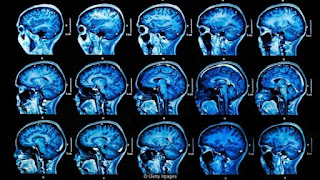Could different cultures teach us something about dementia?
Picture two different families, each dealing with a
diagnosis of dementia in one of its members. In one case, the patient is a
retired executive, whose family tries as long as possible to keep the diagnosis
secret, relying primarily on professional caregivers and eventually a nursing home.
In another case, the patient is a grandmother. As soon as the diagnosis is
suspected, her family pulls together, bringing her into their home and
surrounding her with affection.
These two approaches to dementia reflect very different
attitudes toward the disease. One regards it as an irreversible neurologic
condition associated with considerable stigma, a problem best left to health
professionals and kept out of public view. While not denying that dementia is a
medical condition, the other seizes on it as an opportunity to draw together
around a loved one in need, giving family members not a secret to keep but an
opportunity to care.
If we tend not only to our neurons but also our intellects,
characters, and relationships, there is good reason to think that we can
lighten dementia’s burden and make the most of the opportunities to care for
those living with it.




Comments
Post a Comment